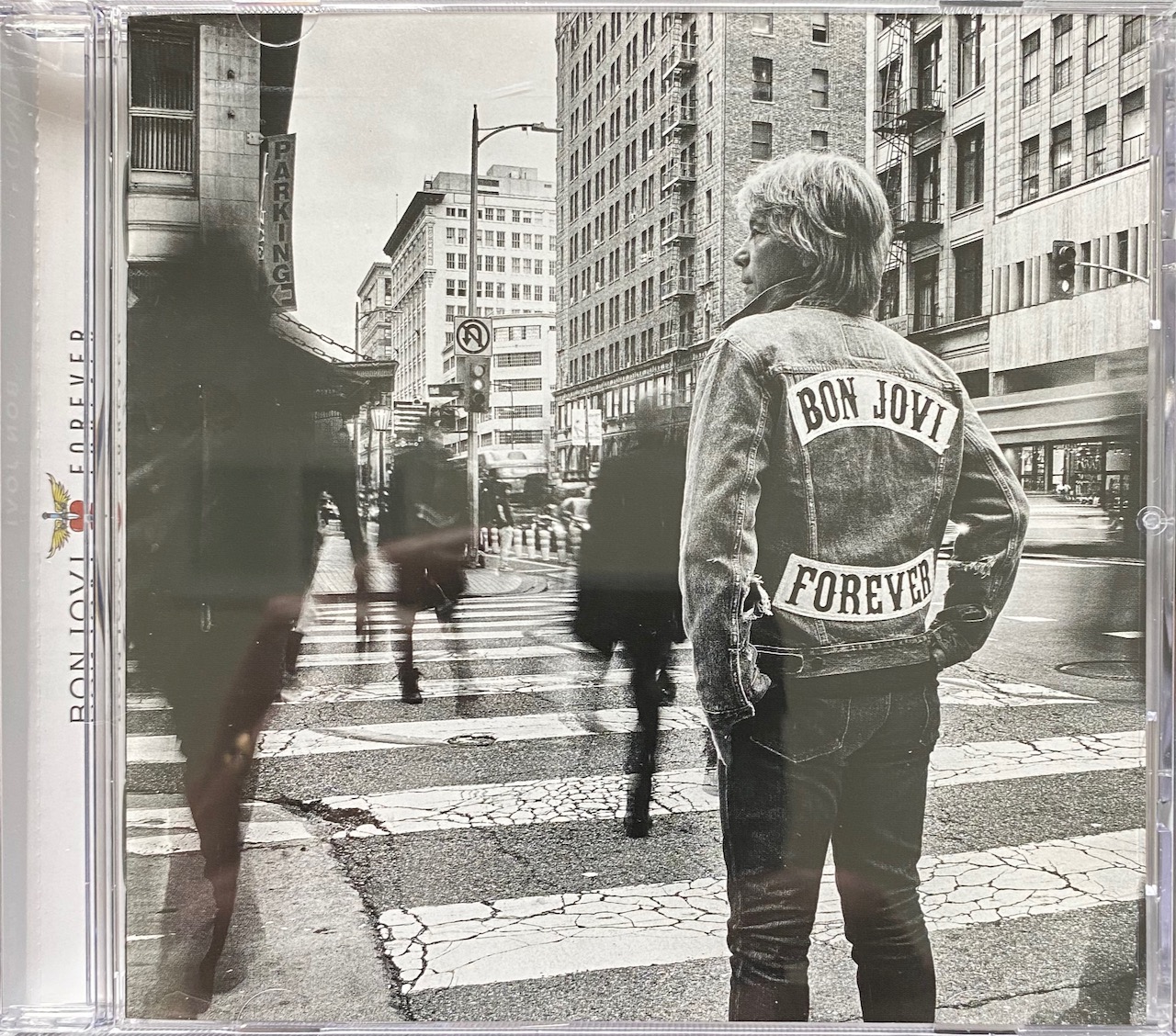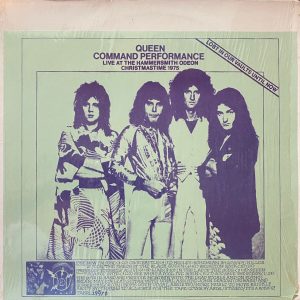
Bon Jovi has returned with their latest studio offering, “Forever,” marking their 16th album. Released on June 7, 2024, the anticipation leading up to this drop was significant, especially given the turbulence Jon Bon Jovi faced with his vocal cords. In 2022, he underwent surgery to rectify these issues, something that became a topic of discussion among fans and critics alike following the documentary “Thank You, Goodnight: The Bon Jovi Story.” Seeing the struggle he endured was indeed eye-opening; his resilience to continue is commendable, but it leaves us wondering about the future of live performances from the band.
Upon its release, “Forever” managed to debut at an impressive #5 on the Billboard chart before quickly fading away, experiencing the shortest duration of any Bon Jovi album on the charts. This swift decline perplexes many, especially given the overwhelmingly positive press coverage leading up to its launch. Is it that only the most dedicated fans supported this album, or is there a broader trend that suggests a waning interest in Bon Jovi’s music? The reasons remain a mystery, but in my opinion, the album deserves more recognition.
Musically, “Forever” showcases a slightly altered lineup. The core trio of Jon Bon Jovi, David Bryan, and Tico Torres remains intact, accompanied by Phil X and longtime bassist Hugh McDonald. Notably, long-established producer John Shanks seems to have ingrained himself into the band, following years of collaboration. Additionally, Everett Bradley joins in to contribute background vocals and percussion, a strategic move aimed at supporting Jon vocally. It raises the question of how the dynamics would change if Richie Sambora were still part of the band, a thought I’ll limit myself to just this mention.
As for my personal connection to “Forever,” I’ve collected the CD, vinyl, and even a cassette, which remains sealed for now. The CD came with an autographed card from Jon, while the vinyl is a striking half-black, half-transparent edition exclusive to Amazon. The only item missing from my collection is the Japanese CD edition, but considering the singular bonus track, I’m unsure if it’s worth it. However, who knows what I might do in pursuit of record collection completeness.
Diving into the music, the opening track, “Legendary,” serves as both the lead single and a tribute to Jon’s wife, infused with a sense of nostalgia reflecting on Bon Jovi’s journey. Although it features an anthem-like energy, its tempo is slightly subdued compared to earlier works. The catchy bridge and chorus, alongside references to Neil Diamond’s “Sweet Caroline” and Van Morrison’s “Brown-Eyed Girl,” create a sense of familiarity that resonates well with listeners.
The next number, “We Made It Look Easy,” offers a similar nostalgic feel, melting together Jon’s reflections on his youth with his signature storytelling—a quality that has been noticeably scarce in past albums. Co-written with Ryan Tedder of OneRepublic, this track embodies feel-good vibes and isn’t overly heavy, fitting well into the soft rock genre.
Following that is “Living Proof,” which features the return of the talk box, a rarity in Bon Jovi’s more recent releases. While the execution is enjoyable, it doesn’t quite match the flair Richie brought to previous works. Regardless, the upbeat rhythm and driving energy give it a strong presence, highlighting Jon’s improved vocal delivery compared to his approach on “2020.”
Then comes “Waves,” showcasing collaboration with renowned songwriter Jason Isbell. The juxtaposition of slower verses with an explosive chorus makes it stand out, accompanied by thoughtful lyrics and a surprisingly decent guitar solo. This track seamlessly transitions into “Seeds,” which shares a similar essence yet remains lively, attributing much of its beat to Tico’s drumming, though I must admit I wish his contributions had more visibility throughout the album.
Contrasting with these two engaging tracks, “Kiss the Bride,” a love letter to Jon’s daughter on her wedding day, unfortunately suffers from excessive sweetness, veering into territory that feels overly sentimental and somewhat cloying. This, paired with the subsequent track “The People’s House,” which offers a powerful bass line reminiscent of “Keep the Faith,” underscores a notable improvement, particularly as Jon shines when left to his own songwriting devices.
The energy peaks, only to take a nosedive with “Walls of Jericho,” which opens with cheesily executed gang vocals and a trite lyrical approach. This track disappointingly pulls the listener down, setting a disheartening tone. It’s soon followed by “I Wrote You A Song,” another ballad that, despite its piano-driven foundation featuring David, fails to evoke any emotional resonance—leading listeners to skip ahead without nostalgia.
What follows is an unexpected collaboration with Ed Sheeran, producing the playful “Living in Paradise.” Although it’s not the album’s highlight, it offers a catchy vibe that lingers in your mind, making one wonder why we don’t see more alliances like this in the industry.
One of the significant standouts is “My First Guitar,” where Jon shares a poignant experience reuniting with his cherished first instrument after 45 years. This love song provides a sense of warmth and nostalgia that resonates with many, and it’s a testament to Jon’s ability to pen heartfelt lyrics when he writes solo.
However, the album concludes with “Hollow Man,” a visually unremarkable acoustic track that feels devoid of substance, falling flat and leaving listeners longing for a more impactful finale.
In terms of track quality, out of the total 12 offered, 8 are deemed keepers by me—resulting in a solid yet not exceptional 75% score. While “Forever” can be classified as a good album, it certainly doesn’t reach the heights of greatness. The production feels somewhat lacking, particularly with Tico’s often muted presence, raising concerns among fans who resonate with his historically powerful style. A caveat is that if you’re searching for solid rock anthems, you may need to look elsewhere. That said, the nostalgic themes, improved storytelling, and Jon’s enhanced vocals create a listening experience that supports the notion of a positive shift compared to “2020.”
Overall, I rate “Forever” a commendable 3.0 out of 5.0 stars. While it marks a substantial improvement over its predecessor, it leaves room for growth. Let’s hope this isn’t the last we hear from Bon Jovi, as there’s still plenty to aspire to in the rock landscape.
Next, look out for “Bon Jovi: The Albums Ranked Worst to First,” as part of The Bon Jovi Collection Series.






